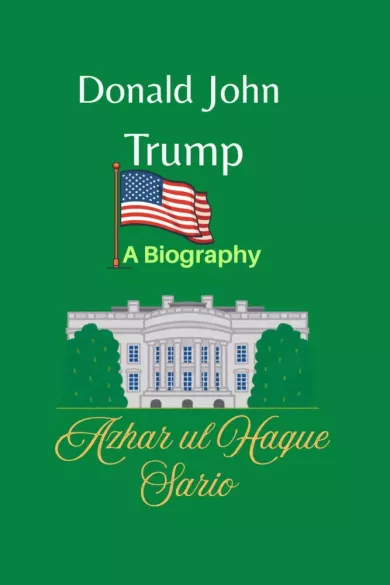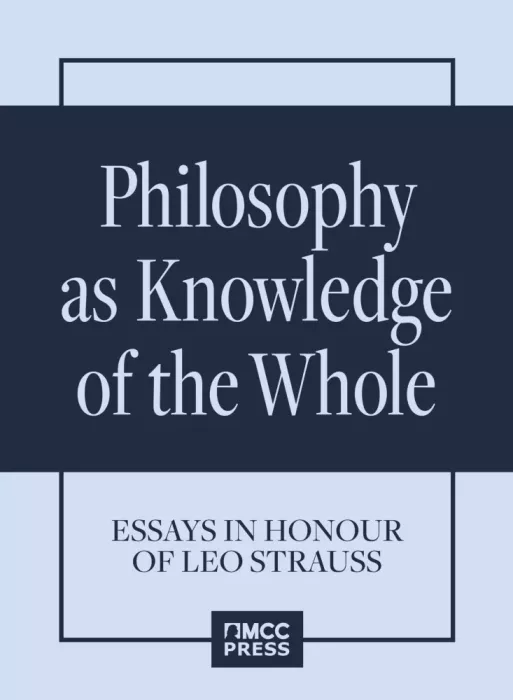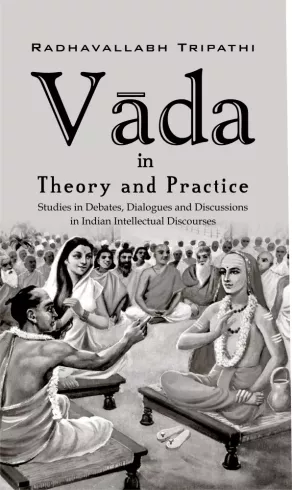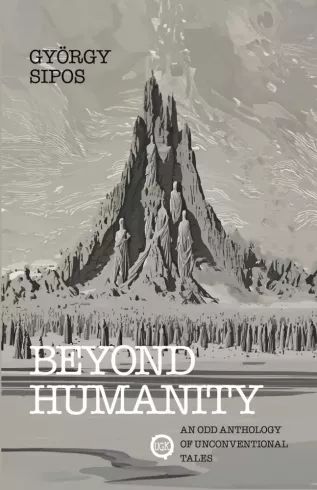


A kép illusztráció
Szállítás:
Azonnal
Elérhető nálunk:
.ePub formátumban
Borító ár:
4 024 Ft
Rendeléskor fizetendő online ár:
3 823 Ft
About the AuthorProf. Radhavallabh Tripathi is known for his original contributions to literature as well as for his studies on NaŻt?yas´aŻstra and SaŻhityas´aŻstra. He has published 162 books, 227 research papers and critical essays.
Leírás
Raktári kód:
195363
ISBN:
9788124610800
EAN:
9788124610800
Gyártó kód:
22478
Megjelenés:
2016.
Oldalszám:
434
Nyelv:
angol
About the AuthorProf. Radhavallabh Tripathi is known for his original contributions to literature as well as for his studies on NaŻt?yas´aŻstra and SaŻhityas´aŻstra. He has published 162 books, 227 research papers and critical essays. He has received 35 national and international awards and honours for his literary contributions.About the BookVaŻda, meaning debates, dialogues, discussions, was the quintessential of Indian spirit, enabling and promoting the growth of different philosophical and knowledge systems of India. It percolated deep into our mindset and enriched the moral, ethical, religious and sociocultural edifice of anything that was essentially Indian in nature. As continuation of AŻnviks?iŻkiŻ from the bc era, vaŻda helped thrive Indian traditional knowledge systems. It subsists on diversity and its tradition envisages pluralism.Most of our Sanskrit works, covering a wide gamut of knowledge systems, are structured in the techniques of debate. This reality applies not only to the philosophical writings, but to Indian medical systems (Ayurveda), Arthas´aŻstra of Kaut?ilya and KaŻmasuŻtra of VaŻtsyaŻyana as well. Even great epics like RaŻmaŻyan?a and MahaŻbhaŻrata are no exceptions.VaŻda culture involved verbal duals, attacks and even violence of speech, and all major religious systems — old or modern — were parties to it. This book also elucidates how vaŻta was vital and critical for the growth of our socio-political fabrics. It shows how some of the major conflicts in philosophical systems were centred around karma, jn~aŻna, choice between violence and non-violence, pravr?tti and nivr?tti. It also presents the manifestations of vaŻda on a vast canvas during the nineteenth and twentieth centuries. Modern spiritual and religious gurus like Ramana Maharshi, J. Krishnamurti and Vinoba Bhave were men of dialogues. Our scholars have applied the varied techniques of vaŻda against the philosophical and scientific systems of the West to prove them correct. This collector’s issue should enthrall a wide audience of philosophers, scholars and believers in Indian knowledge systems.
Vélemények




